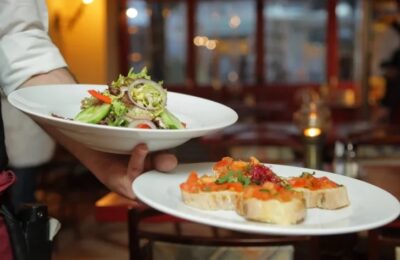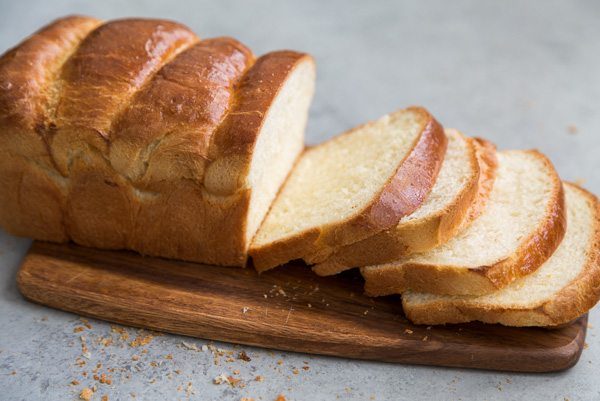Are you a foodie who enjoys cooking new recipes? Or have your guests praised your dishes? Why not launch a catering business and share your culinary skills with the world?
Catering can be a lucrative side hustle if you have passion, patience, consistency, and motivation.
But if you’ve never run a business before, it can be very challenging. Nonetheless, it doesn’t hurt to take the chance, does it?
Start a catering business by answering these questions: What do you need? What amount do you need? What equipment is needed to start? How do I obtain a license?
Perhaps you’re curious about the answers to these questions. In this article, I’ll share a guide on how to start a catering business.
- Identify your niche
Do research on what consumers want and choose a niche. For a start, you may consider the capacity of your clientele in a function, catering assistants, type of food, or offer private chef services.
The price and services you offer will serve as a guide for potential customers. Create a website showcasing all the catering services you provide.
- Equipment
Depending on your business scale and customers, your equipment list could be anywhere from buying new appliances to making use of the ones you already have at home.
If you decide to go into baking as a specialty, you’ll need a commercial oven to serve bigger orders- fridge, dough proofer, bakeware, mixers, etc., and any other necessities like a chef’s apron, gloves, or hat.
The price will vary depending on where you buy them and the amount you need. Check out the catering supplies companies for quotes and discounts.
- Business plan
You’ll need a clear business plan instead of starting out blindly. Create a business plan that’ll answer all your catering business questions in case you need more financial aid that may arise.
Your plan may include the following:
- Financial plan
- Competition analysis
- Overview
- Operations plan
- Marketing plan
- Management
- Industry analysis
- Customer analysis
As a result, you will know how to expand your business.
- Recipes
A menu is an integral part of starting a catering business. Coming up with your best recipes for your potential clients will keep them in and draw in new ones.
Now that you’ve done your market research, this is where you should draft a menu for your business.
Write down all those dishes you’ve done during those family gatherings and spice them up.
- Location
You may be tempted to start your catering business at your house -which isn’t a bad idea- but setting it up in a good location where your customers can sit and enjoy their meals is the way to go.
You can either choose to rent a commercial kitchen or provide services on site. Although these may all have benefits and drawbacks, they will differ based on your clientele.
In comparison to renting a home kitchen, a commercial kitchen allows you to have the flexibility and can work for a large clientele. However, you must have a delivery vehicle and food storage equipment to deliver to customers who are far away.
Conclusion
The process of starting a business differs from state to state, but taking all these factors into account and your state’s health laws, you’ll be surprised at how quickly your business grows.












